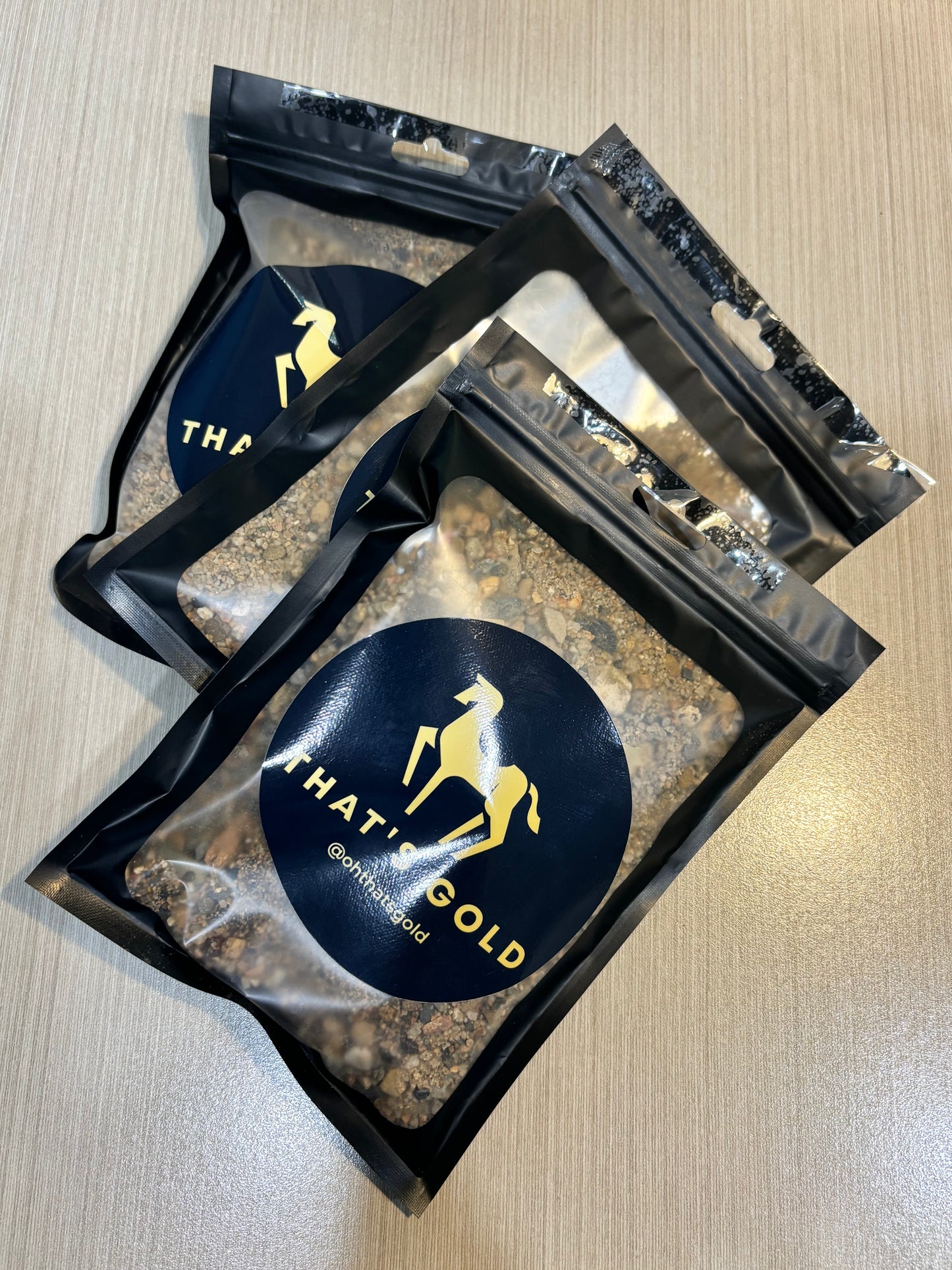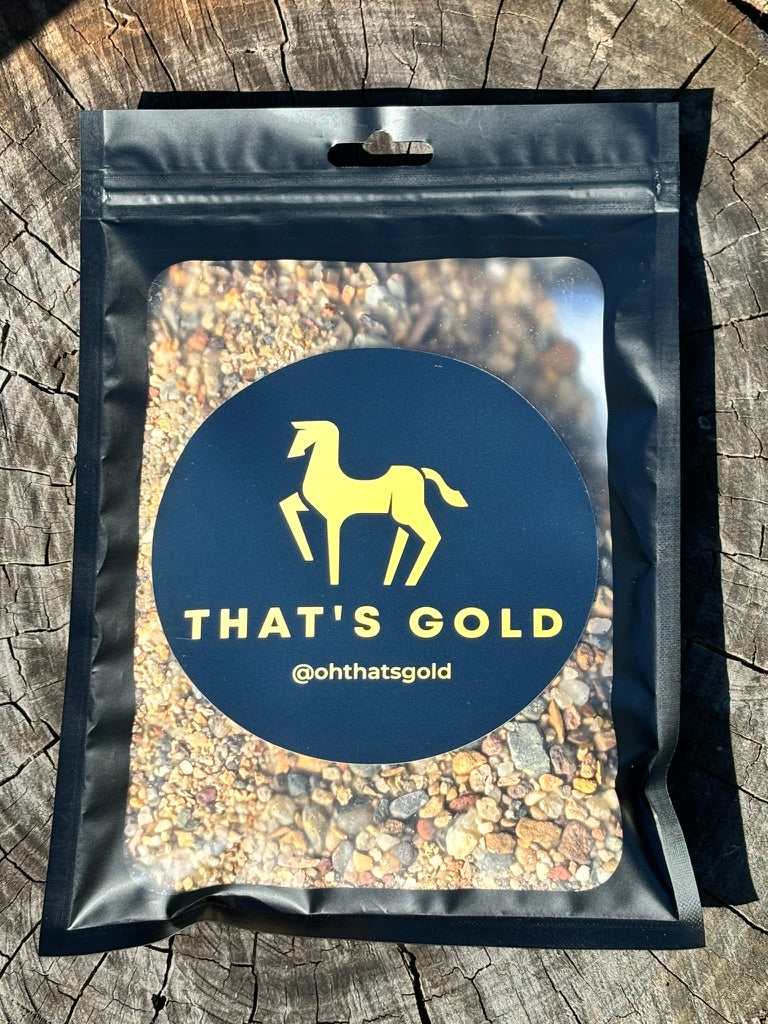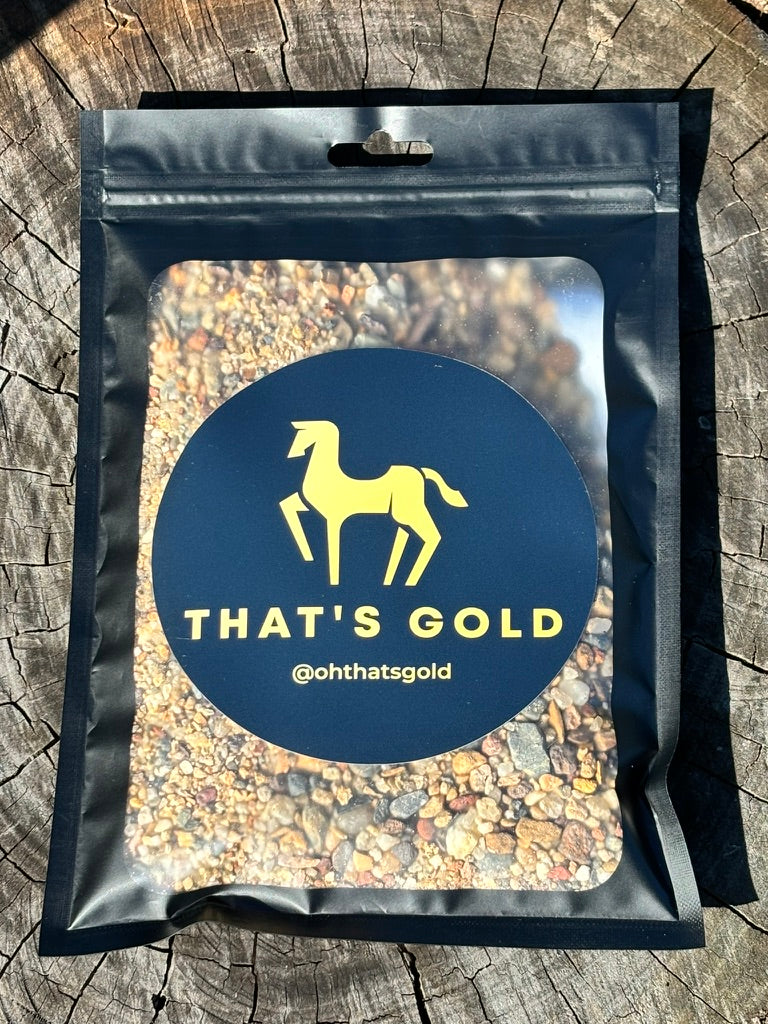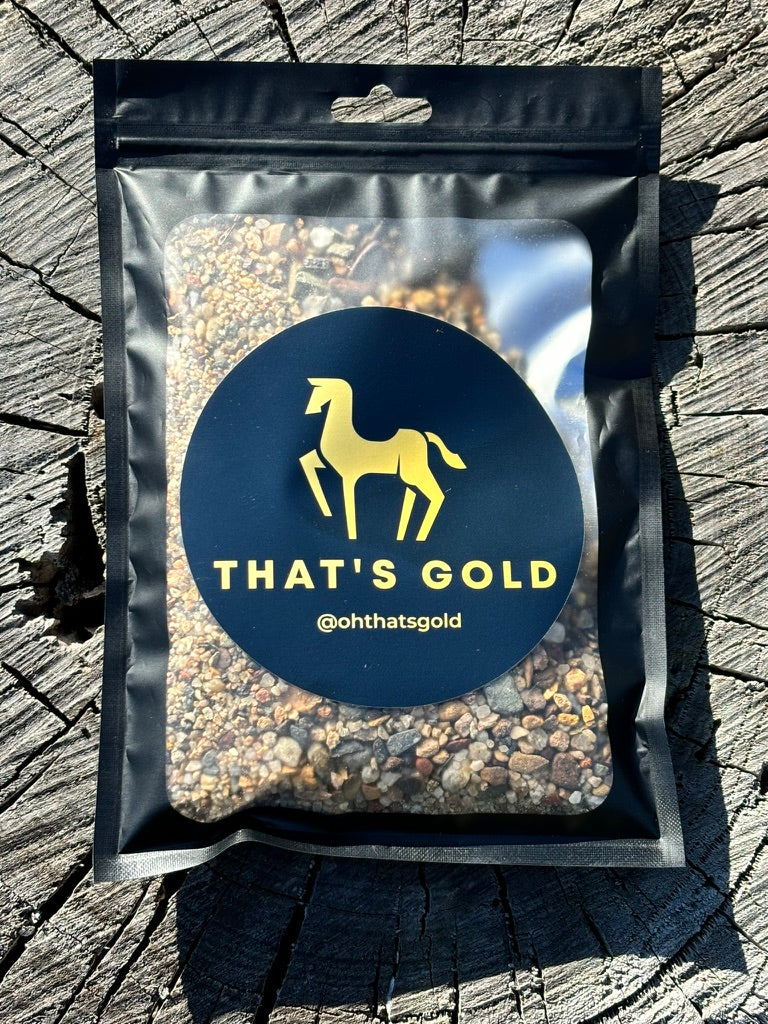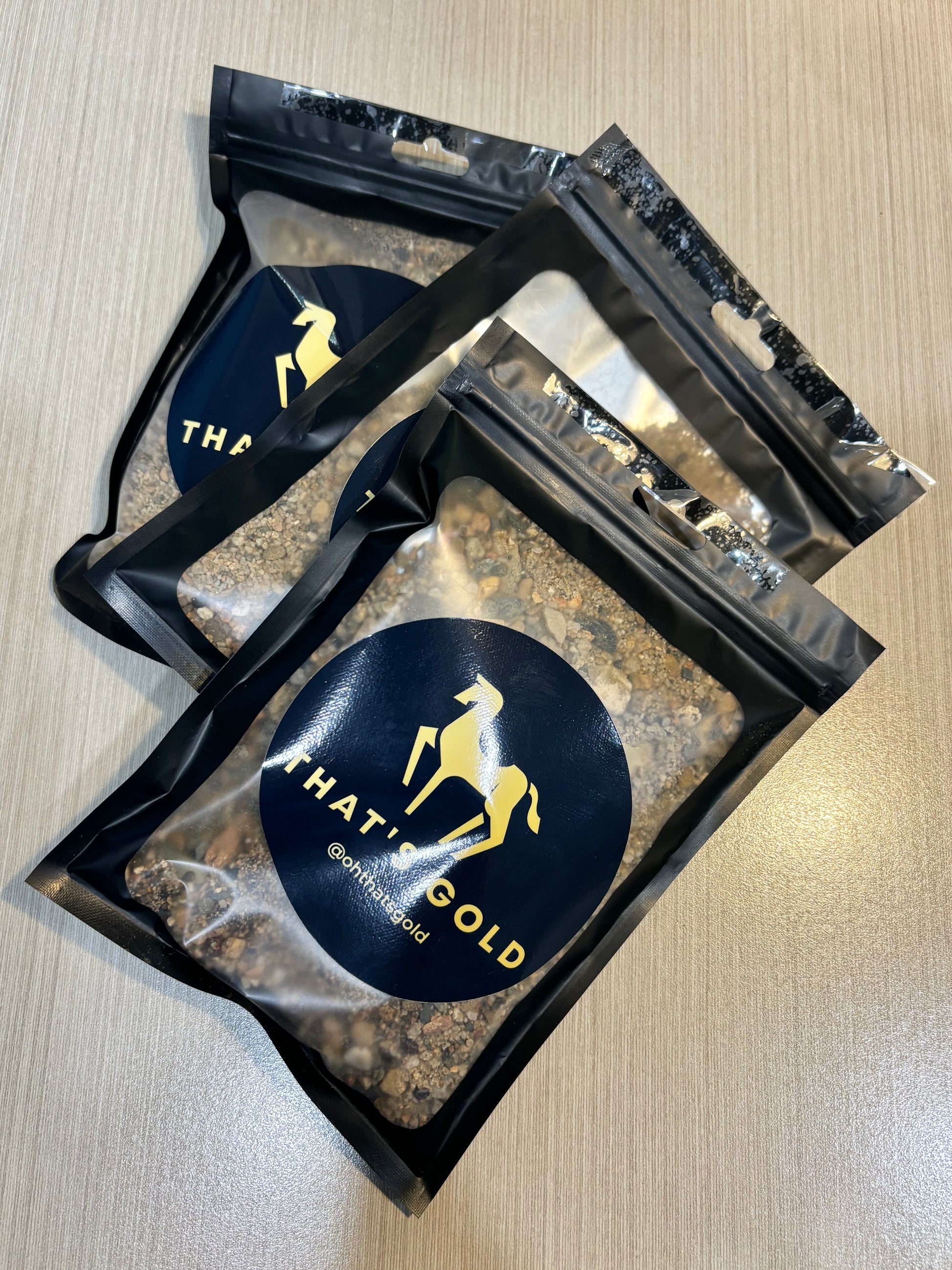Jerky has gained popularity as a convenient snack, but its health benefits are often debated. This dried meat product offers a good amount of protein and essential nutrients, making it an appealing option for many people. Jerky can be part of a healthy diet when consumed in moderation, but its high sodium content and processing methods raise some concerns.

While jerky provides a concentrated source of protein, it's important to consider its nutritional profile. Beef jerky contains vitamins and minerals like zinc, iron, and vitamin B12. These nutrients support various bodily functions and can contribute to overall health. However, the sodium content in jerky is quite high, which may not be suitable for everyone, especially those watching their salt intake.
The processing of jerky and its classification as a processed meat product have sparked discussions about potential health risks. Some studies have linked processed meats to certain health issues, but more research is needed to fully understand the long-term effects of regular jerky consumption.
Key Takeaways
- Jerky offers protein and nutrients but is high in sodium
- Moderation is key when including jerky in a balanced diet
- Choose lower-sodium options and watch portion sizes for healthier jerky consumption
Understanding Jerky
Jerky is a dried meat snack with a rich history and diverse varieties. It offers unique nutritional benefits and is made through specific preservation methods.
History and Types
Jerky dates back thousands of years as a way to preserve meat. Ancient Egyptians and Native Americans dried meat to keep it edible for long periods. Today, jerky comes in many forms.
Beef jerky is the most common type in Australia. Other popular varieties include kangaroo, emu, and crocodile jerky. Biltong, a South African-style dried meat, is similar to jerky but usually thicker and less sweet.
Different seasonings and marinades create a wide range of flavours. Common options include teriyaki, peppered, and barbecue jerky. Some brands now offer low-sodium or organic versions to cater to health-conscious consumers.
Jerky Nutrition Facts
Jerky is high in protein, making it a popular snack for athletes and busy people. A typical 30-gram serving of beef jerky contains:
- Calories: 80-90
- Protein: 9-10 grams
- Fat: 1-3 grams
- Carbohydrates: 3-5 grams
Jerky is also a good source of iron and zinc. However, it's often high in sodium. Some brands contain up to 600 mg of sodium per serving, which is about 25% of the recommended daily intake.
The exact nutritional content varies between brands and types of meat used. Leaner meats like kangaroo jerky tend to be lower in fat than beef jerky.
How Jerky Is Made
The jerky-making process involves several steps to ensure the meat is safely preserved and flavourful.
- Meat selection: Lean cuts are best, as fat can turn rancid during drying.
- Slicing: The meat is cut into thin strips, usually less than 1 cm thick.
- Marinating: Strips are soaked in a mixture of salt, spices, and often sugar.
- Drying: The meat is dried at low temperatures (50-60°C) for several hours.
Some jerky is smoked for extra flavour. Commercial producers use large dehydrators or smokers, while home cooks might use a standard oven or specialised jerky dehydrator.
The curing process is crucial for food safety. Salt and other preservatives prevent bacterial growth. Proper drying removes moisture, further inhibiting spoilage.
Nutritional Profile of Jerky
Jerky packs a punch when it comes to nutrients. It's a dense source of protein and minerals, but it also has some drawbacks to consider.
Protein Content
Jerky is high in protein, making it a popular snack for athletes and fitness buffs. A 30-gram serving typically contains about 10-15 grams of protein. This nutrient helps build and repair muscles, keeps you feeling full, and supports various body functions.
Jerky's protein is complete, meaning it has all nine essential amino acids our bodies can't make on their own. This makes it a quality protein source, especially for those who struggle to meet their daily protein needs.
Vitamins and Minerals
Jerky is rich in several important vitamins and minerals. It's a good source of:
- Vitamin B12: Essential for nerve function and red blood cell formation
- Zinc: Supports immune function and wound healing
- Iron: Crucial for carrying oxygen in the blood
- Phosphorus: Important for bone health
- Folate: Needed for DNA synthesis and cell division
These nutrients make jerky a nutritious snack option, especially for those who might be deficient in these areas.
Sodium Content
One downside of jerky is its high sodium content. Salt is used in the curing process to preserve the meat and enhance flavour. A single serving can contain up to 40% of the recommended daily sodium intake.
Too much sodium can lead to high blood pressure and increase the risk of heart disease. People with hypertension or those watching their salt intake should be careful with jerky consumption.
Some brands offer low-sodium options, which might be a better choice for those concerned about salt intake.
Fat and Cholesterol Levels
The fat content in jerky varies depending on the cut of meat used. Lean cuts result in jerky with lower fat content. However, some jerky can be high in saturated fat, which may raise cholesterol levels if eaten in excess.
Most jerky contains some cholesterol, as it's an animal product. People watching their cholesterol intake should consume jerky in moderation.
Some jerky brands offer turkey or chicken options, which are generally lower in fat and cholesterol than beef jerky.
Health Implications of Consuming Jerky

Jerky can have both positive and negative effects on health. It offers some nutritional benefits but also comes with potential risks that should be considered.
Benefits for Weight Management
Jerky can be a helpful snack for weight management. It's high in protein, which helps people feel full and satisfied. This can reduce overall calorie intake and curb snacking on less nutritious foods.
Jerky is also relatively low in calories compared to many other snacks. A typical 30-gram serving contains about 80-90 calories. This makes it a good option for those watching their calorie intake.
The protein in jerky can support muscle growth and repair. This is especially useful for active people or those trying to build lean muscle mass while losing fat.
Risks Related to Heart Health
Despite its benefits, jerky can pose risks to heart health. Many types of jerky are high in saturated fat, which can raise cholesterol levels. High cholesterol is a risk factor for heart disease.
Jerky is often very high in sodium. A single serving can contain up to 20% of the recommended daily sodium intake. Too much sodium can increase the risk of heart disease and stroke.
The preservatives used in some jerky, like nitrates, may be linked to heart problems. While the evidence isn't conclusive, it's something to be aware of when consuming jerky regularly.
Impact on Blood Pressure
The high sodium content in jerky can affect blood pressure. Eating too much sodium can cause the body to retain more water, increasing blood volume and putting extra strain on blood vessels.
For people with high blood pressure or at risk of developing it, regular jerky consumption might be a concern. It's important to check labels for sodium content and choose low-sodium options when possible.
Some jerky brands now offer low-sodium varieties. These can be a better choice for those watching their blood pressure or with kidney issues that require limiting sodium intake.
Iron Intake and Iron Deficiency
Jerky can be a good source of iron, especially for people at risk of iron deficiency. Iron is crucial for carrying oxygen in the blood and supporting overall energy levels.
Beef jerky, in particular, contains heme iron, which is more easily absorbed by the body than non-heme iron found in plant foods. This makes it an efficient way to boost iron intake.
For vegetarians or those with low iron levels, jerky made from lean beef can be a helpful addition to the diet. However, it's important to balance this with other sources of iron and a varied diet overall.
The Debate Around Processed Meat

Processed meat, including beef jerky, sparks debate among health experts. Its effects on health, use of additives, and place in a balanced diet are key points of discussion.
Processed Meats and Health Conditions
Processed red meat consumption has been linked to several health issues. Some studies suggest it may raise the risk of cancer, type 2 diabetes, and heart disease.
Beef jerky, as a processed meat, falls into this category. Its high sodium content is a concern for those with hypertension or heart problems.
However, jerky also offers benefits. It's a dense source of protein and nutrients, making it popular among athletes and active individuals.
Preservatives and Additives
Jerky often contains preservatives to extend its shelf life. Common additives include:
- Nitrates
- Salt
- Sugar
- Spices
These additives help prevent bacterial growth and enhance flavour. But some people worry about their long-term health effects.
Nitrates, in particular, have been scrutinised. While they occur naturally in many foods, added nitrates in processed meats are more controversial.
Moderation in Consumption
Experts often recommend eating jerky in moderation. This approach balances its nutritional benefits with potential risks.
A small serving of jerky can be part of a healthy diet. It provides protein and nutrients without excessive calories.
But it's important not to rely on jerky as a main protein source. Varying protein intake with fresh, unprocessed meats and plant-based options is ideal.
For those watching their sodium intake, choosing low-sodium jerky options or limiting portion sizes can help.
Making a Healthier Choice

Beef jerky can be a nutritious snack when chosen wisely. Key factors include ingredient quality, sodium content, and preparation method.
Selecting Better Ingredients
When picking beef jerky, opt for products made from grass-fed beef. Grass-fed beef often has more omega-3 fatty acids and antioxidants than grain-fed alternatives. Look for jerky made from lean cuts of beef, such as top round or sirloin tip.
Check the ingredients list. Choose jerky with simple, recognisable ingredients. Avoid products with added sugars or artificial preservatives. Natural seasonings like herbs and spices can enhance flavour without compromising nutritional value.
Low-Sodium Varieties
High sodium intake is a common concern with beef jerky. To address this, seek out low-sodium options. These typically contain less than 140 mg of sodium per ounce.
Some brands offer reduced-sodium varieties. Compare labels to find jerky with the lowest sodium content. Be mindful of serving sizes when checking sodium levels.
Homemade Versus Commercial Options
Making jerky at home allows for greater control over ingredients and preparation methods. Homemade beef jerky can be made with leaner cuts and less sodium.
To make jerky at home:
- Choose a lean cut like flank steak or eye of round
- Slice the meat thinly against the grain
- Marinate with low-sodium seasonings
- Dehydrate using an oven or food dehydrator
Commercial jerky offers convenience but may contain more preservatives and sodium. If buying pre-made jerky, read labels carefully and choose brands with minimal additives.
Practical Tips for Jerky Consumers

When choosing jerky, look for brands with minimal added sugar. Opt for varieties made from lean meats like beef, turkey, or chicken.
Check the serving size on the packaging. A typical serving is about 30 grams, which provides a good balance of protein without excessive calories.
Jerky makes for a convenient snack. It's portable and doesn't require refrigeration, making it ideal for travel, work, or outdoor activities.
As a high-protein snack, jerky can help with muscle recovery and satiety. It's particularly useful for athletes or those with active lifestyles.
Be mindful of sodium content. While jerky is a healthy choice, some brands can be high in salt. Look for low-sodium options if you're watching your salt intake.
Here's a quick guide to help you choose:
- Look for: Lean meats, low sugar, minimal preservatives
- Watch out for: High sodium, added sugars, artificial flavours
Store opened jerky in an airtight container to maintain freshness. Consume within a week of opening for best quality.
Remember, while jerky can be a nutritious snack, it should be part of a balanced diet that includes a variety of foods.



